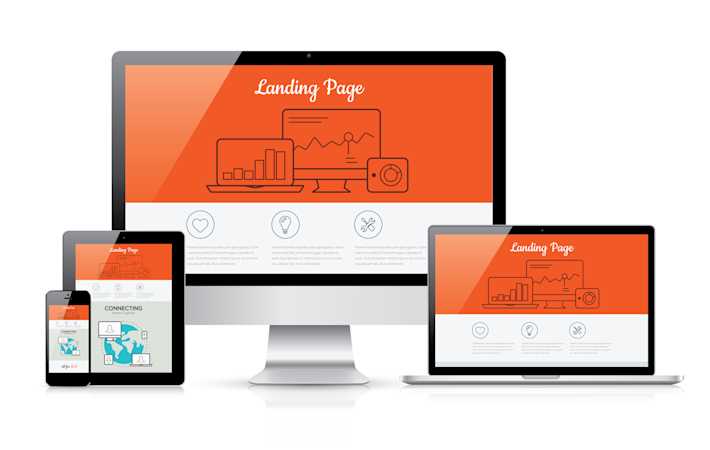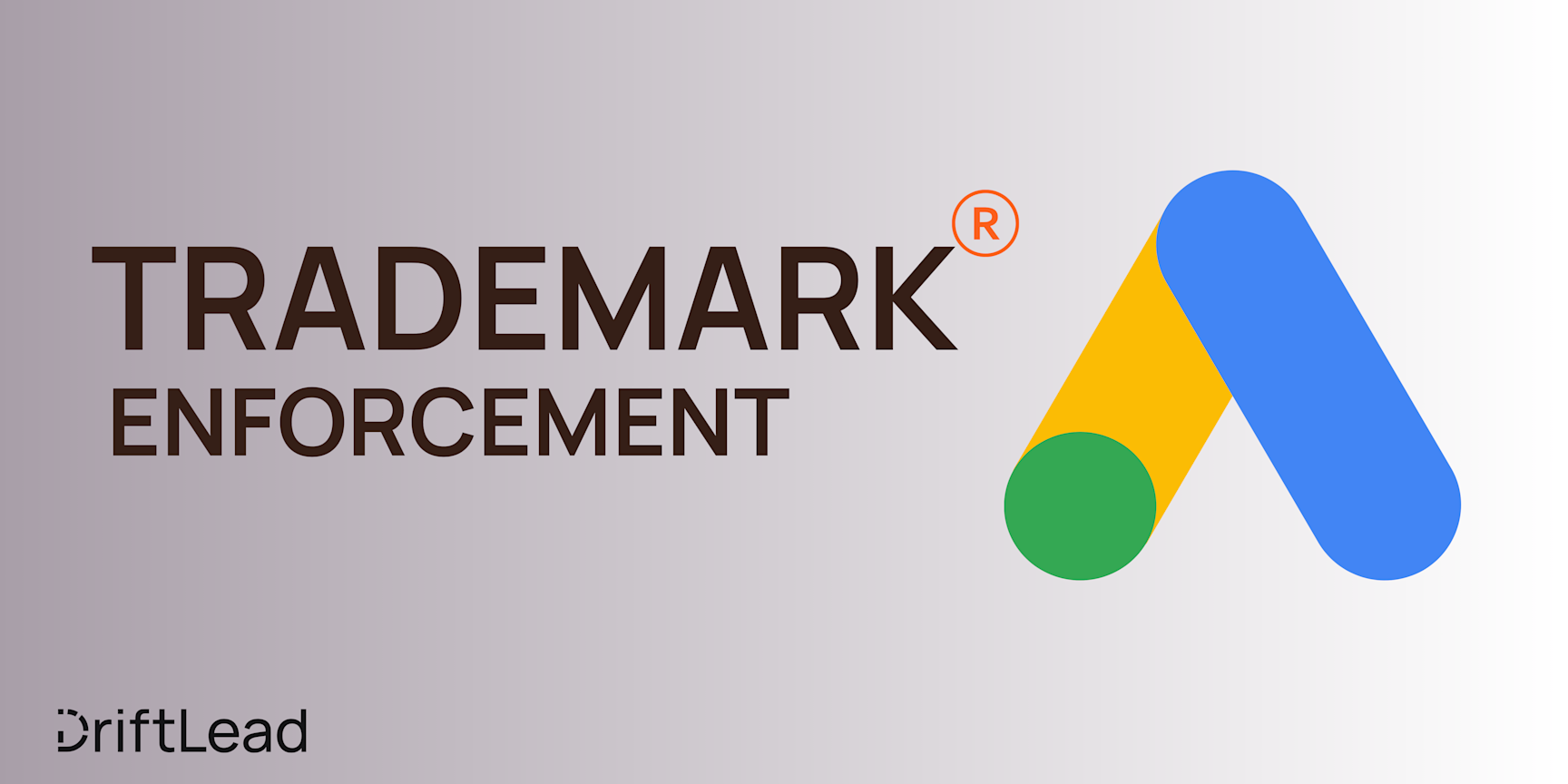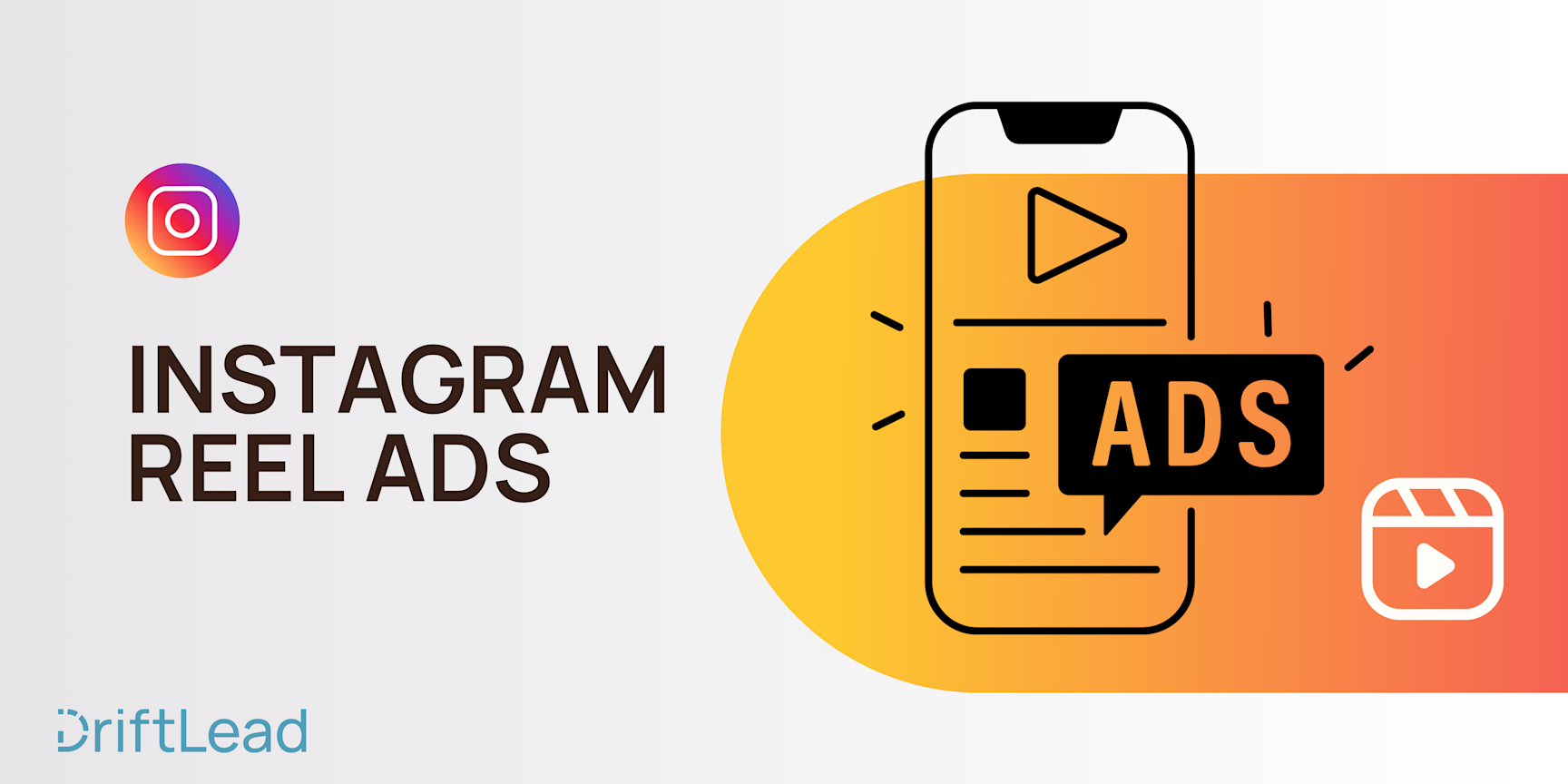Website vs. Landing Page - Key Differences and Which to Use
30 Nov, 2023
Explore the unique roles of websites and landing pages in digital marketing. Learn strategies for optimal use and CRO for better conversions.

Jump to:
Hop on our weekly newsletter train! We're sharing tips so stellar, we're practically job-threatening ourselves!
Have you ever wondered about the secret sauce behind successful online campaigns? Often, it boils down to choosing the right tool for the job: a comprehensive website or a targeted landing page. While both serve vital roles in digital marketing, understanding their differences and strengths is crucial for any savvy marketer. In this article, we'll dive deep into the world of websites and landing pages, unraveling their unique features and helping you decide which one will best serve your business goals. Whether you're looking to build a brand fortress or launch a precision-targeted campaign, we've got you covered.
Website vs. Landing Pages
Deciding between a website and a landing page can often feel like choosing between a Swiss Army knife and a scalpel. Both tools, but each with a distinct purpose. In the bustling digital marketplace, understanding the difference between these two is crucial. While one offers a comprehensive toolkit to present your brand, the other delivers a focused, singular message with surgical precision. Let's explore the specifics of each, highlighting their unique roles and features in the digital landscape.
The Website: Your Digital Headquarters
Websites are like the digital equivalent of a flagship store. They’re comprehensive, multi-faceted, and designed to provide a complete picture of your brand, products, or services. Think of a website as your online headquarters – a central hub where visitors can explore, learn, and interact with all aspects of your brand.
Key Features of a Website:
Multiple Pages: A website typically consists of several pages, each serving a different purpose – like an 'About Us' page, product or service listings, contact information, and more.
Rich Content: It's a space to house a variety of content, including blogs, resource centers, company news, and detailed product information.
Navigation and Menus: Websites usually come with menus and navigation tools, helping visitors find their way around your extensive digital domain.
The Landing Page: Your Marketing Sniper
In contrast, a landing page is like a sniper in your marketing arsenal – focused, targeted, and designed for a singular purpose. Whether it's capturing leads, promoting a specific campaign, or driving sales for a particular product, a landing page zeroes in on one goal.
Key Features of a Landing Page:
Single Focus: Unlike websites, a landing page is centered around one specific call to action (CTA), like signing up for a newsletter or making a purchase.
No Navigation: Typically, landing pages don't include extensive navigation options. This minimalism keeps visitors focused on the CTA.
High Conversion Potential: Due to their targeted nature, landing pages often have higher conversion rates for specific campaigns compared to general websites.
Key Differences
When distilling the essence of websites and landing pages, it's clear they serve distinct functions. A website is your digital headquarters, a multi-faceted platform offering a comprehensive view of your business, services, or brand. It's where you tell your story in full, engage with visitors on multiple levels, and provide a wealth of information. In contrast, a landing page is the specialist in your digital arsenal. It has one job and does it with laser focus – converting visitors into leads or customers. This page zeroes in on a single campaign or offer, stripping away any distractions to guide visitors towards a specific action or goal. Recognizing these differences is key to deploying them effectively in your digital strategy.
Benefits of Using Landing Page
Landing pages bring a unique set of advantages to your digital marketing efforts, each designed to enhance the user experience and boost conversions:
Enhanced Relevance: Landing pages can be crafted to match the messaging and offer of your advertising campaigns, ensuring a cohesive and relevant experience for users. This alignment between ad and page content can significantly improve user engagement.
Accurate Tracking and Analytics: Landing pages allow for precise tracking of user behavior and campaign effectiveness. With third-party cookies sunsetting and the implementation of other privacy regulations, landing pages give advertisers attributable insights into user interactions and measure ROI effectively.
Focused Conversion Goals: Each landing page is a master of persuasion focused on a singular goal. Whether it's signing up for a newsletter, making a purchase, or registering for a webinar, landing pages cut through the noise and guide visitors directly towards the call to action.
Tailored Messaging: Landing pages allow for message matching – aligning the content with specific ad campaigns or audience segments. This personalization can significantly increase the relevancy for the user, leading to higher engagement and conversion rates.
Ideal for A/B Testing: With a controlled environment, landing pages are perfect for A/B testing various elements like headlines, call-to-actions, images, and more. This helps in refining your marketing strategies based on concrete data.
Testing Ground for Ideas: Want to test a new marketing message, design, or product offer? Landing pages are perfect for A/B testing, providing valuable insights into what resonates best with your audience.
Quick to Launch: Unlike a full-fledged website, a landing page can be set up relatively quickly, making it ideal for capitalizing on time-sensitive opportunities or trends.
Reduced Distractions: By eliminating navigation links and non-essential information, landing pages keep the user focused on the desired action, thereby reducing bounce rates and improving the chances of conversion.
Enhanced User Experience: Tailored to specific needs and interests, landing pages can offer a more relevant and engaging user experience, fostering positive associations with your brand.
Benefits of Using a Website
While landing pages are invaluable for specific campaigns and conversions, websites serve as a comprehensive online presence, offering a range of benefits:
Broad Information Spectrum: Websites can provide extensive information about your company, products, or services. They serve as an all-encompassing resource for potential and existing customers seeking detailed information.
Brand Storytelling: A website allows for deeper brand storytelling. Through various pages, you can convey your brand’s mission, vision, values, and history, creating a more profound and emotional connection with visitors.
Versatility and Functionality: Websites can host a variety of functionalities including e-commerce platforms, forums, blogs, and resource centers. This versatility makes them suitable for businesses looking to offer more than just basic information or a single call to action.
SEO and Organic Traffic: A well-optimized website can attract a significant amount of organic traffic through search engine optimization (SEO). This can lead to higher visibility, increased credibility, and a steady stream of potential customers.
Long-term Value: A website can grow and evolve with your business, offering long-term value. As your company expands, your website can scale accordingly to include new offerings, resources, and company updates.
Greater Content Diversity: Websites allow for a wider range of content types and structures, from blog posts and case studies to product catalogs and customer testimonials. This diversity can cater to various user needs and preferences.
Enhanced Credibility and Professionalism: Having a well-designed, informative website can significantly boost your business's credibility and professionalism in the eyes of customers and partners.
Customer Support and Engagement: Websites can facilitate customer support and engagement through features like contact forms, live chat, support forums, and FAQs, helping to build stronger customer relationships.
Opportunity for Community Building: Through integrated blogs, forums, or user comments, a website can foster a sense of community around your brand or industry, engaging customers and encouraging loyalty.
Digital Marketing Hub: A website acts as the central hub for all your digital marketing efforts, from content marketing to social media strategies, providing a consistent base for your brand's online activities.
When to Use LP vs Website
Deciding between a landing page and a website is like choosing between a speedboat and a cruise ship — it all depends on your journey. A landing page is your speedboat: fast, direct, and ideal for quick trips to Conversion Island. Use it when you have a specific goal in mind, like promoting a particular product, event, or campaign. It's perfect for targeted advertising where you want a focused message without the distractions of a full-blown website.
On the other hand, a website is your cruise ship. It's comprehensive, offering a full tour of everything your brand has to offer. Opt for a website when you're looking to establish or strengthen your online presence over the long haul. It's ideal for providing detailed information about your company, hosting a variety of content, and improving your SEO game. A website is your go-to for building brand credibility and engaging with visitors on multiple levels.
In some cases, you might need both. Launching a new product? Set sail with a dedicated landing page to garner interest and drive pre-orders, and use your website as the main port, showcasing your brand's full story and offerings. It's all about aligning your digital assets with your marketing goals and customer journey. So, whether you opt for the quick zip of a landing page or the comprehensive journey of a website, make sure it's steering your audience in the right direction.
Strategies to Improve Landing Page Conversion Rates
Remember the story of how Amazon increased revenue by $300 million just by changing a single button on their website? That's the power of Conversion Rate Optimization (CRO) in action. A small tweak can lead to monumental gains. Here's how you can apply similar strategies to turbocharge your landing page:
Clear and Compelling Headlines: Your headline is the front door to your digital world. Make it inviting and clear, compelling visitors to step in and explore more. It's your first, and sometimes only, chance to grab attention.
Strong, Focused Call-to-Action (CTA): This is your "Buy Now" moment. Your CTA should be like a beacon, guiding visitors towards your goal. Make it bold, clear, and irresistible.
Engaging Content: Like a master storyteller, your content should captivate and persuade. Use powerful visuals and videos to add dynamism and break up text.
Optimized Forms: Don't let lengthy forms be a speed bump. Ask only what's necessary and consider using progressive profiling for more in-depth information.
Trust Signals: Include testimonials, reviews, and trust badges to build credibility. They're like your brand's cheering squad, convincing visitors to take the plunge.
Mobile Optimization: In a world where smartphones are extensions of ourselves, your landing page must play nice with mobile devices. Ensure quick loading, easy navigation, and forms that are a breeze to fill out on smaller screens.
A/B Testing: Test, refine, repeat. Like a chef perfecting a recipe, test various elements of your landing page to find the perfect blend that resonates with your audience.
Loading Speed: Time is money. Ensure your page loads faster than a Formula 1 car. Optimize images and leverage caching for better performance.
Closing Thoughts
A website is your digital home base, a comprehensive representation of your brand's story, offerings, and values. It's the grand stage where your brand narrative unfolds. On the flip side, landing pages are the tactical special ops of your marketing arsenal, deployed for specific missions like campaigns, product launches, or targeted conversions. They are the sharpshooters, focusing on the bullseye of customer conversion with precision and efficiency.
Most successful businesses find that a blend of these two elements works best. A robust, informative website lays the foundation, while agile, conversion-focused landing pages drive specific customer actions. It’s about using each tool in your digital toolkit to its fullest potential.
At DriftLead, we understand the art and science of balancing these digital assets. Our expertise in Conversion Rate Optimization (CRO) and performance marketing ensures that every aspect of your online presence, from your website to your landing pages, is fine-tuned for optimal performance.
If you're ready to elevate your digital strategy and want to explore how to make your website and landing pages work in concert for maximum impact, we're here to help. Click here to get a free marketing plan tailored to your business needs. Let's create a symphony of success together!






